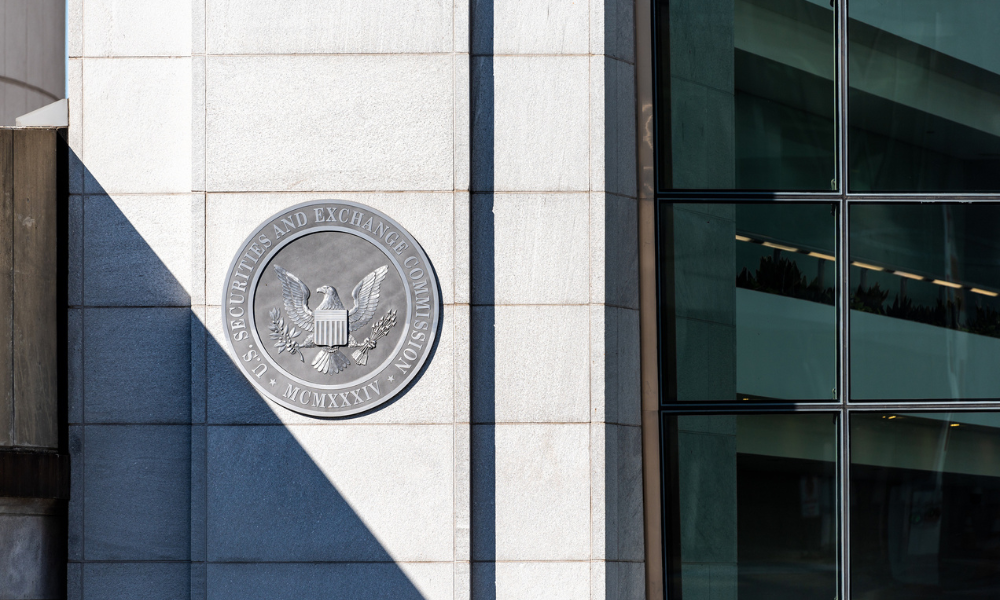

A Democrat on the US Securities and Exchange Commission is warning that syndicated loans sold widely to investors are stoking risks to the broader financial system.
Regulators should consider whether additional investor protections are needed for the fast-growing market, Caroline Crenshaw, an SEC commissioner, said in a speech Wednesday. She flagged a lack of transparency, and questions about whether the products should be covered by securities rules.
The level of risk may be reaching “a scale that could affect the financial system more broadly,” she said in remarks to be delivered at the Center for American Progress, a liberal-leaning think tank in Washington.
In March, a federal court asked the SEC to weigh in on the issue, but the agency ultimately declined to do so. In August, the court ruled that leveraged loans don’t qualify as securities, handing a win to JPMorgan Chase & Co., the defendant in the case.
Investors in syndicated loans, which can involve a significant amount of risk if they’re extended to lower-rated companies, have typically been hedge funds, insurance companies, pension funds and other sophisticated players.
However, retail investors also have significant exposure, Crenshaw said. She said syndicated loans are increasingly marketed to the broader public as investments to hedge against rising interest rates. The SEC and banking watchdogs should review the dynamic, Crenshaw added.
Some have argued that the current syndication process makes loans akin to a security and requires greater disclosure and investor protection than is generally available.
“While some loan syndication may make sense to reduce the risk taken by individual banks, I am concerned that we are now in a world where banks lend, but nearly all the risk is transferred to investors who have no relationship with the borrower, and that investors — including retail investors — frequently have a great deal of exposure to these assets,” she said.
Crenshaw suggested that loans might not always remain outside US securities laws, and that regulators should be examining the issue.
“In the face of uncertainty about the future development of the BSL market, it could be that regulators have work to do to prepare for a future ruling that BSLs are securities for purposes of the Securities Act,” she said, referring to broadly-syndicated loans.

Rajesh Markan earlier this year pleaded guilty to one count of criminal fraud related to his sale of fake investments to 10 clients totaling $2.9 million.

From building trust to steering through emotions and responding to client challenges, new advisors need human skills to shape the future of the advice industry.

"The outcome is correct, but it's disappointing that FINRA had ample opportunity to investigate the merits of clients' allegations in these claims, including the testimony in the three investor arbitrations with hearings," Jeff Erez, a plaintiff's attorney representing a large portion of the Stifel clients, said.

Chair also praised the passage of stablecoin legislation this week.

Maridea Wealth Management's deal in Chicago, Illinois is its first after securing a strategic investment in April.
Orion's Tom Wilson on delivering coordinated, high-touch service in a world where returns alone no longer set you apart.
Barely a decade old, registered index-linked annuities have quickly surged in popularity, thanks to their unique blend of protection and growth potential—an appealing option for investors looking to chart a steadier course through today's choppy market waters, says Myles Lambert, Brighthouse Financial.
